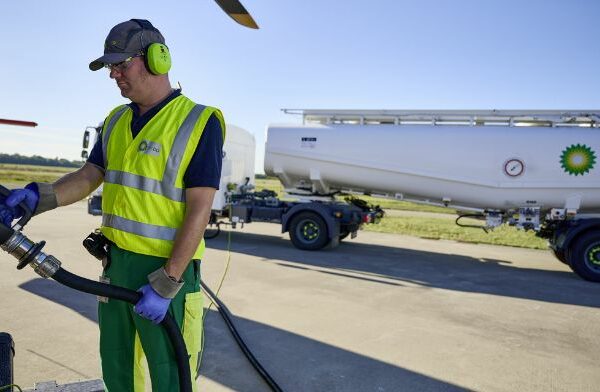

Industry leaders have come out in force to voice their frustration at the French government’s decision to introduce an eco-tax of up to €18 on all plane tickets departing from domestic airports in the country.
The new levy, which is expected to generate around €180 million to the state coffers, has been earmarked by the country’s transport minister Elisabeth Borne to fund greener transport projects within France. Starting from 2020, the government will slap a tax of €1.5 on economy-class tickets and €9 on business class tickets for all domestic flights and those remaining in Europe, and up to €18 on business class tickets for flights outside of the EU region.
In a statement, IATA described the tax as “misguided”. It also stated that: “Since 1990, airlines have reduced carbon emissions per passenger by 50% and from 2020 will be paying to offset all the growth in emissions. A tax will not help the industry to invest in cleaner fuels and technology. It will also damage €100 billion that aviation generates for the French economy, and 500,000 new jobs are at risk from the lack of competitiveness of French aviation.”
What’s more, the IATA statement revealed that “81% of French people don’t trust their government to spend environmental taxes on environmental action.”
IATA’s chief economist, Brian Pierce, has also raised the possibility France could lose connecting traffic as a result of the eco-tax, as he asserted that it would be better to physically invest in taking CO2 out of the atmosphere rather than putting a tax on it.
Meanwhile, Airports Council International (ACI) Europe has already highlighted the stall in passenger growth at smaller regional airports. Olivier Jankovec, ACI Europe’s director-general, said this is “indicative of their fragility and the usually tougher trading conditions they face.” With airlines becoming increasingly risk-averse as well as focused on protecting their yields and progressing consolidation plans, developing or even maintaining current levels of air connectivity is going to be challenging for these airports.
With this in mind, he added that France’s eco-labelled aviation tax is self-defeating. “By hurting the competitive position of the country’s regional airports, the tax will directly penalise the connectivity and thus the attractiveness of the regions in France. In the end, it is the less affluent people living there who will feel the effects. All this without even contributing to the decarbonisation of air transport. It is hard to see anything else than a mix of green- and social-washing in this initiative.”
France is not the first country to impose an environmental tax on airline tickets. A similar tax was introduced in Sweden in April 2018, which imposed an added charge on commercial flights of more than 10 passengers departing from a Swedish airport. Germany also introduced an aviation tax which came into effect in 2011 and the Netherlands presented a draft law in May that proposes a tax of €7 on every plane ticket departing from the country from 1 January 2021.
There is no doubt that the industry is committed to a greener future and while many argue that imposing an eco-tax on a flight is a small price to pay, governments must be held accountable to spending this tax on accelerating aviation sustainability. But there is also an argument that the answer to cutting CO2 emissions lies in regulation rather than taxation.
The editor’s comment is published weekly as an accompaniment to the Regional Gateway e-newsletter. If you do not currently receive our email updates, you can subscribe here.





